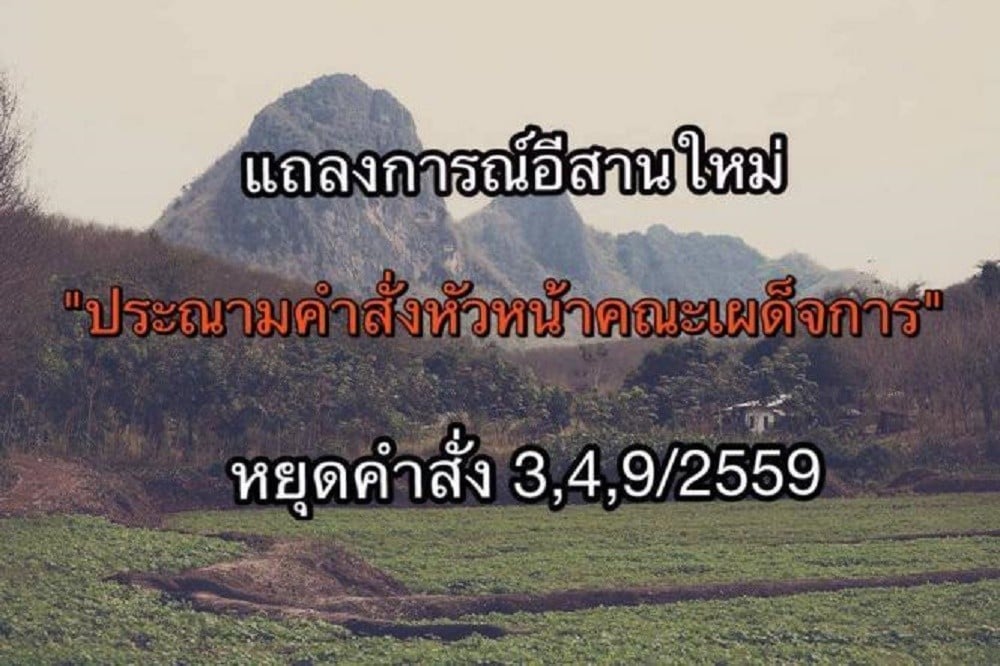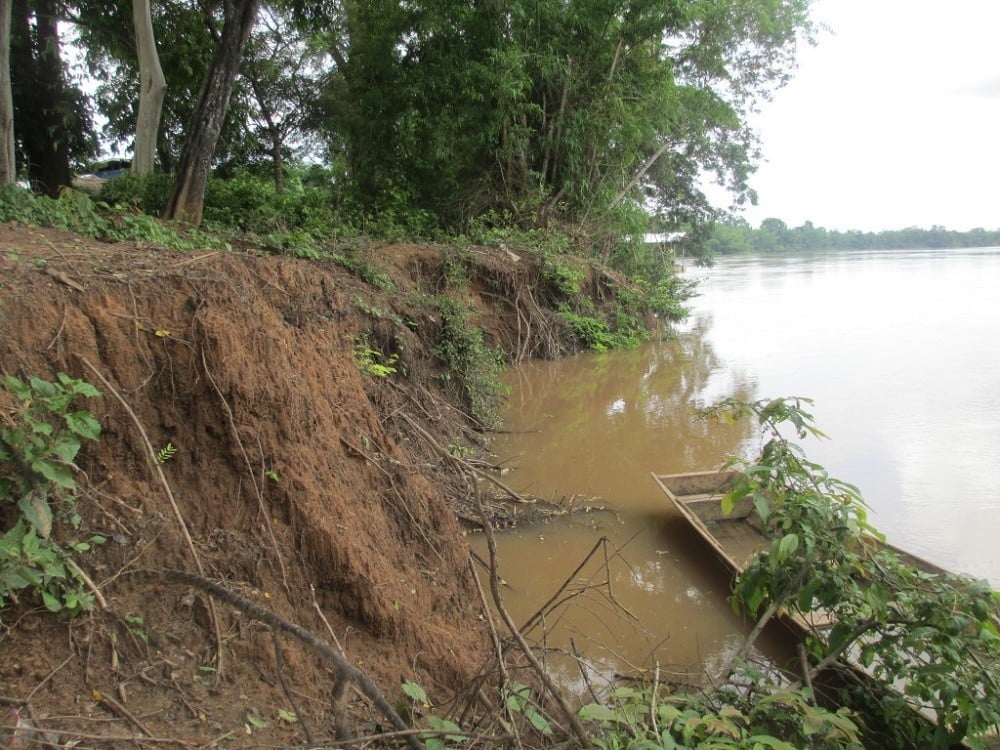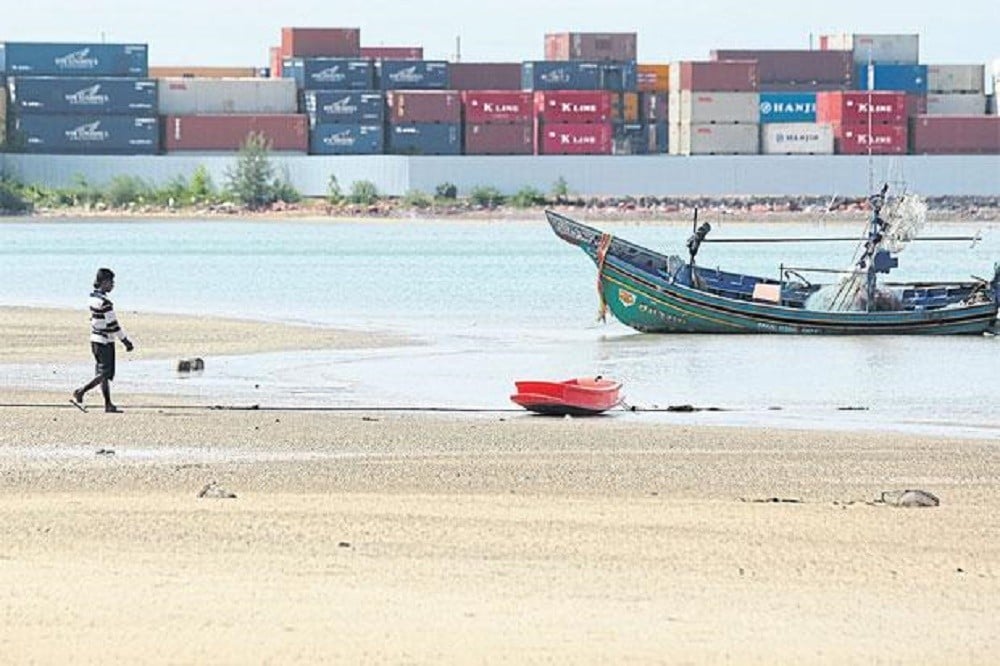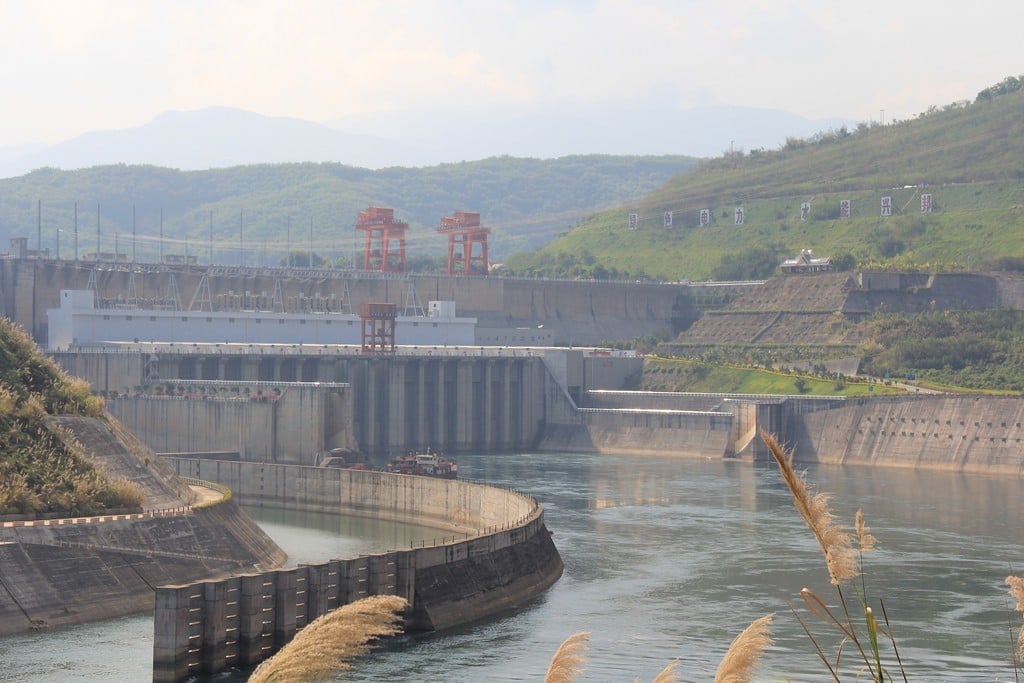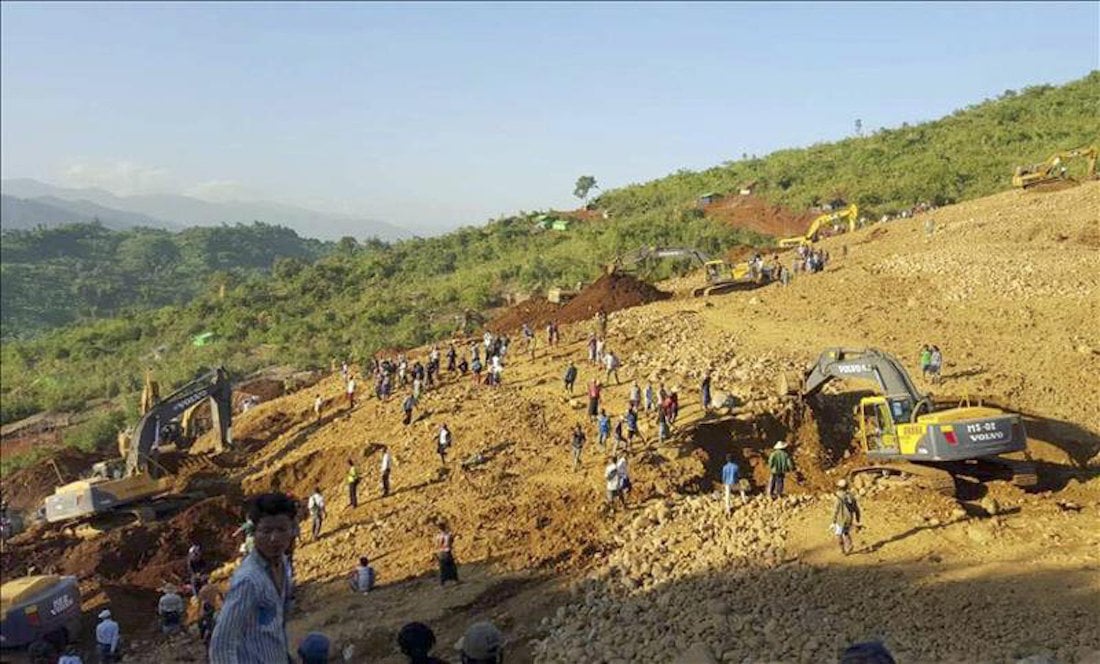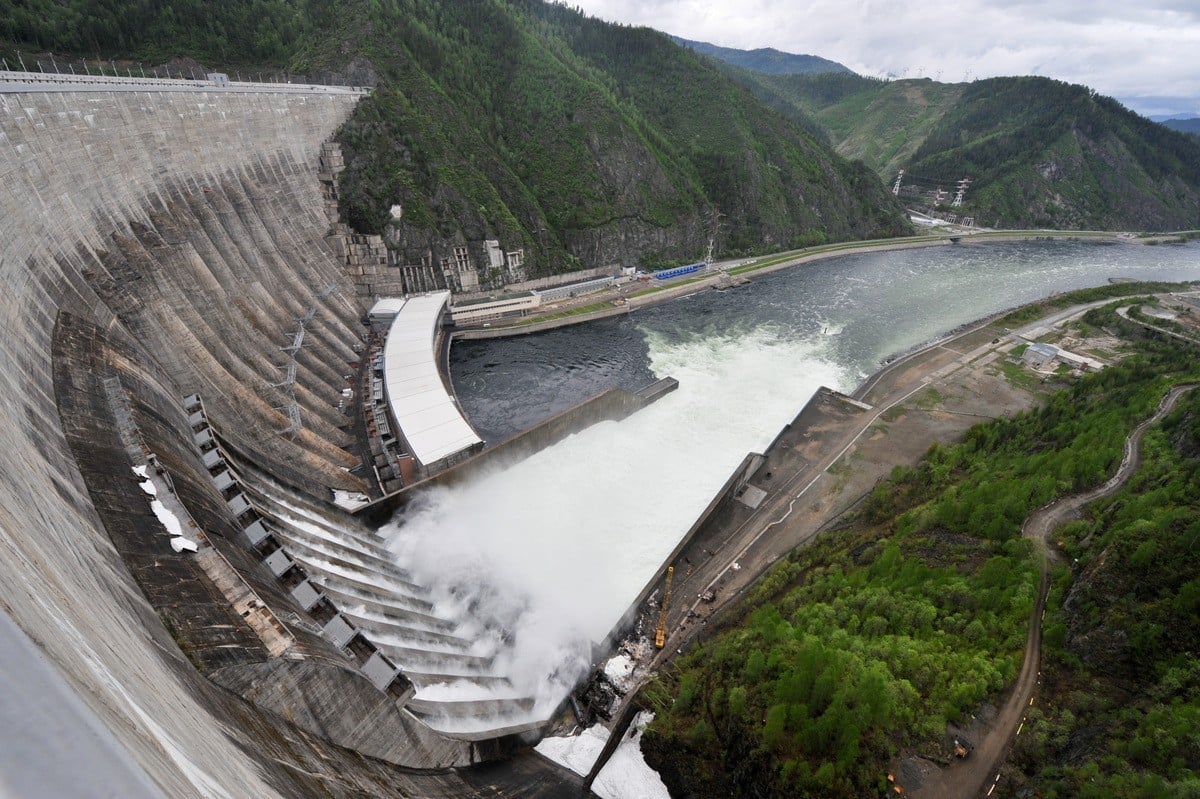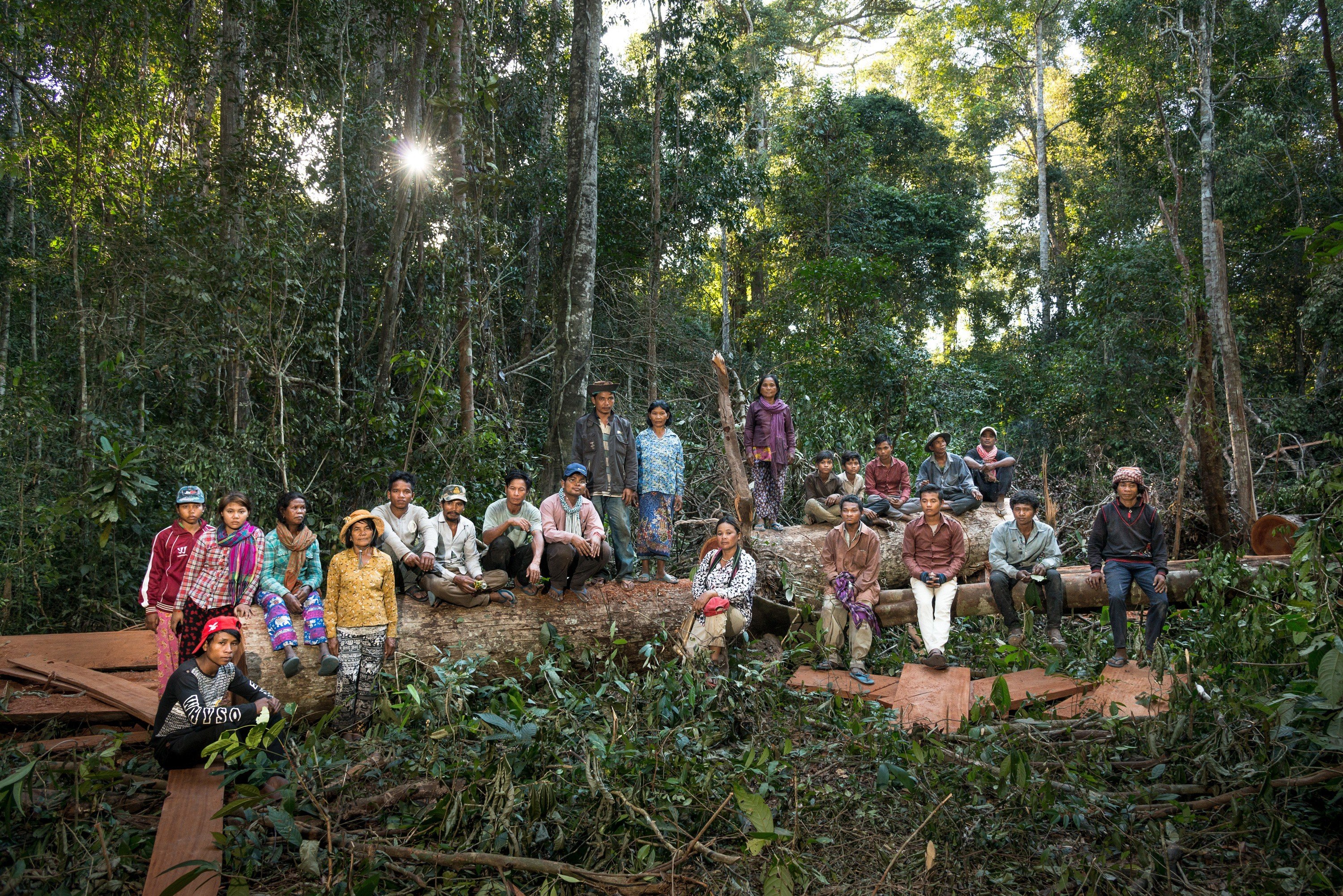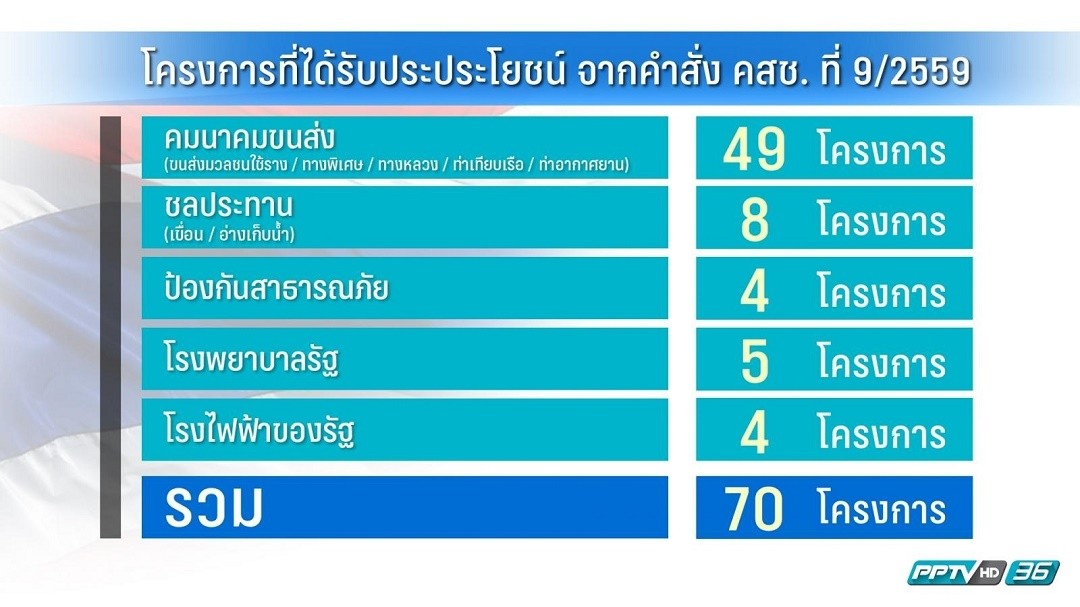The Prime Minister has revealed a water management center will be set up under the Mekong-Lancang Cooperation (MLC) to manage water levels in the Mekong River more effectively.
Prime Minister Gen Prayut Chan-o-cha said after returning from the first MLC meeting in China that the water management center will alert countries in the Mekong River Basin to be prepared whenever China discharges water into the river.


